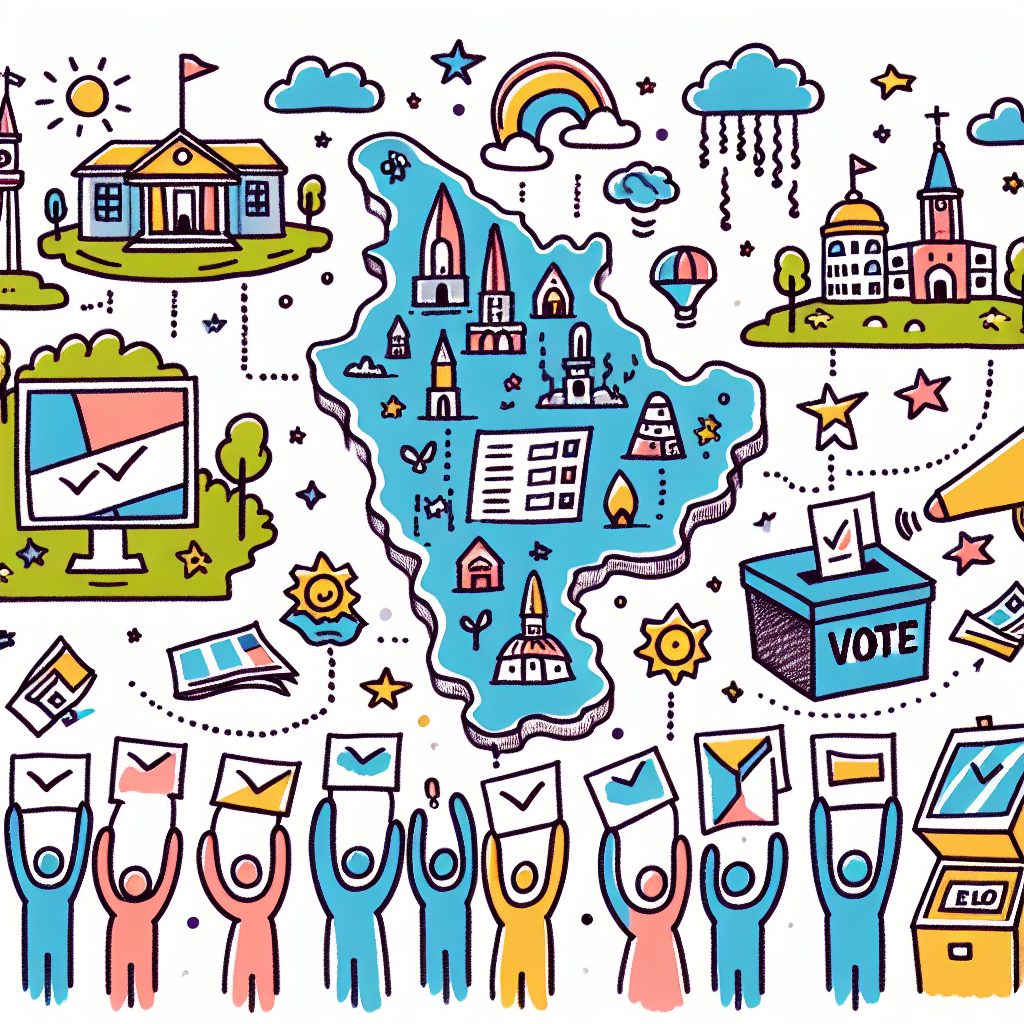Simultaneous Polls: A Path to India's Accelerated Development?
BJP's Sunil Bansal advocates for simultaneous elections, arguing they could spur socioeconomic progress and reduce election costs. He highlights historical precedence from 1951-1967. Amid political instability and high election expenses, 'One Nation, One Election' could propel India towards its 2047 development goals, Bansal suggests.

- Country:
- India
BJP national general secretary Sunil Bansal has emphasized the potential benefits of holding simultaneous elections in India, during an address at a student leaders' conclave. He stated that synchronized polling could drive notable socio-economic and political transformations, which would, in turn, hasten the country's development journey.
Bansal recounted that India successfully conducted four simultaneous general elections between 1951 and 1967. However, he attributed subsequent political instability and fractured mandates to the policy decisions made during former Prime Minister Indira Gandhi's tenure in the 1970s.
Addressing the financial implications, Bansal highlighted that over the past three decades, elections have drained between Rs 5-7 lakh crore from the national coffers. He proposed that the 'One Nation, One Election' policy could potentially cut these expenses by half, thereby offering a substantial boost to India's development objectives, which include the vision of a developed nation by 2047. BJP's Rajasthan unit president, Madan Rathore, echoed these sentiments, underscoring the historical precedent of simultaneous elections during the post-Independence period.
(With inputs from agencies.)










